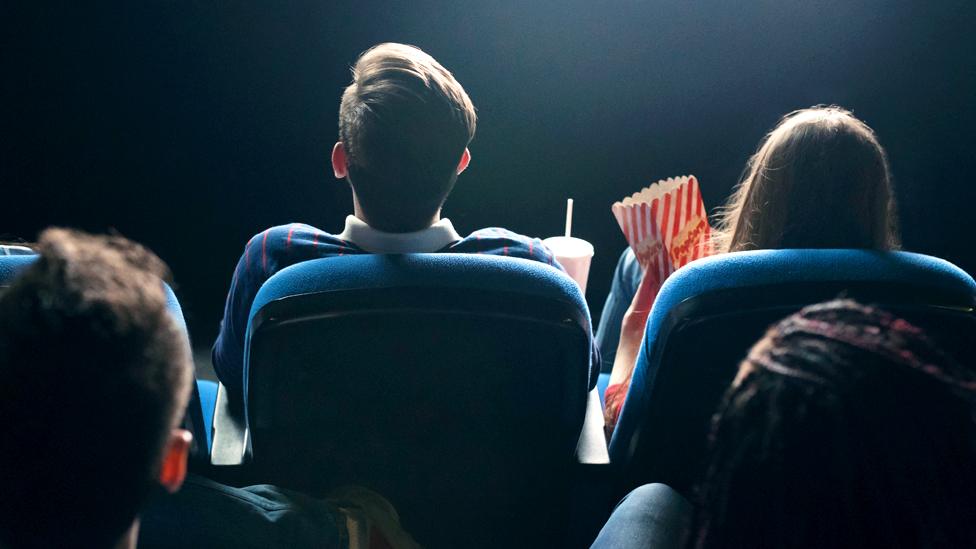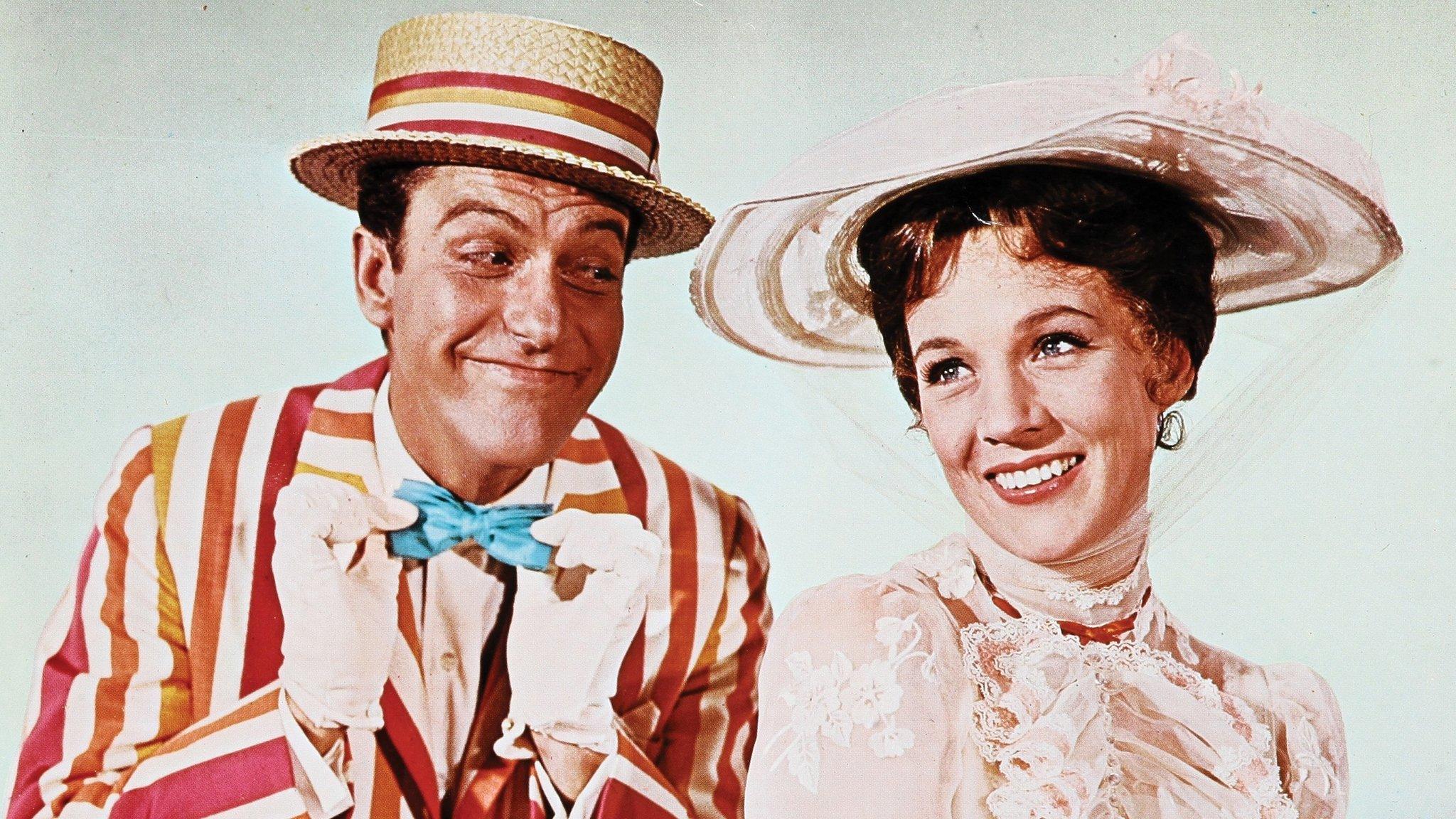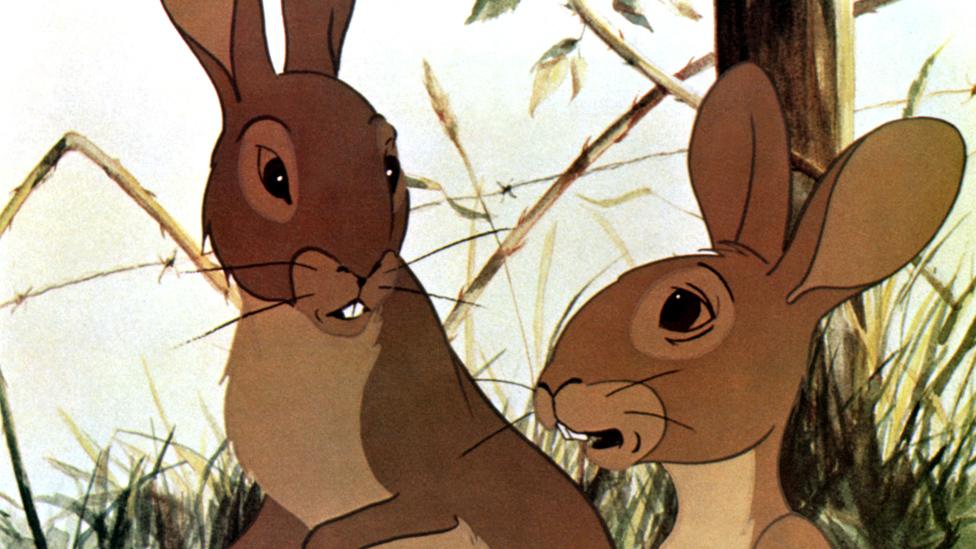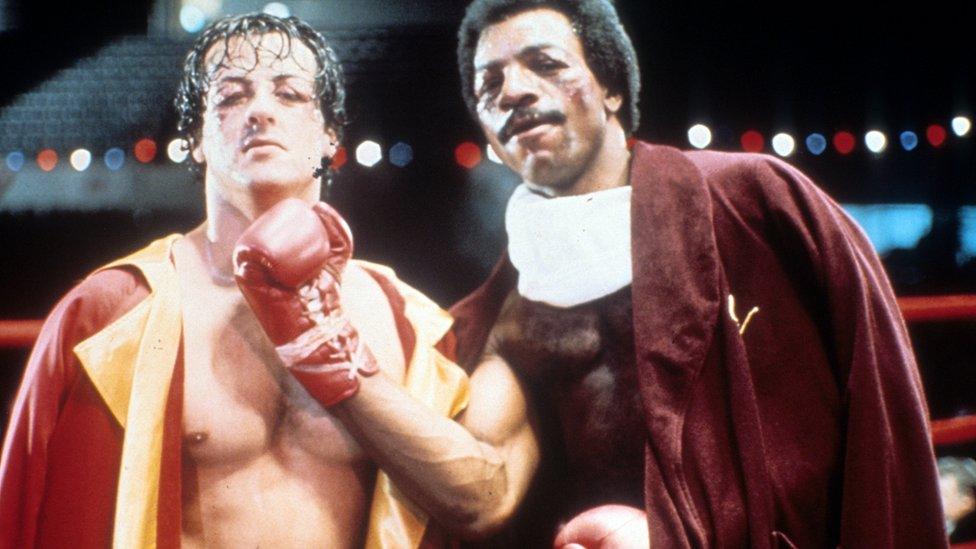Film sex and nudity to have age ratings tightened for under-15s, BBFC says
- Published

Sex scenes that were previously acceptable in films with a 12 or 12A rating are now more likely to be rated 15 under updated guidelines.
People have become more concerned about how much sex and nudity can be seen by viewers aged under 15, the British Board of Film Classification said.
The BBFC has carried out its first major audience research for five years.
Viewers now want "a more cautious approach" to sex scenes that are on the border of a 12/12A and a 15, it said.
The BBFC recently surveyed 12,000 people to find out how attitudes have changed towards sex, violence, drug use and use of language on screen.
A 12 rating means someone must be over that age to watch the film, and a 12A means children under 12 can only go if accompanied by an adult.
For films with those ratings, the current guidelines say sexual activity "may be briefly and discreetly portrayed", while nudity in a sexual context "must be brief and discreet".
In a 15-rated film, sexual activity can be shown "but usually without strong detail", while sexual nudity is allowed "but strong detail is likely to be brief or presented in a comic context".
The research also indicated that audiences were happy for classification to be more lenient towards some sex references at the border of 15 and 18, especially in comic contexts.
The last time the BBFC carried out such research was in 2019. Then, as now, sexual violence remains the biggest area of concern for UK audiences.
Since 2019, however, the depiction of suicide and self-harm has risen to the second biggest area of concern.
Respondents expressed a desire to be warned about this type of content, according to the BBFC, which said it would continue to highlight suicide and self-harm in its advice.
'Society has changed'
The organisation also found that people are now more concerned about depictions of violence on screen.
It said that in future, a higher rating may be required for violence across all age ratings.
When it comes to drugs, the research suggested that audiences have become more relaxed about depictions of cannabis use and solvent misuse than before.
The BBFC said it would therefore take a less restrictive approach to such content.
Conversely, the survey suggested parents are concerned about the normalisation of bad language, especially terms with sexual or misogynistic connotations. Such language may now also require a higher age rating.
BBFC president Natasha Kaplinsky, said the organisation was committed to ensuring what it does responds to "the ever-evolving world around us".
"Since we last asked people across the country what they thought about our standards, society has changed, and opinions have followed - it's fascinating how this vast body of new research reflects this."

Sign up for our morning newsletter and get BBC News in your inbox.

- Published26 February 2024

- Published21 July 2023

- Published6 July 2021
